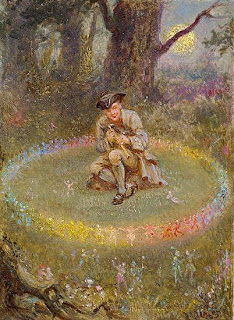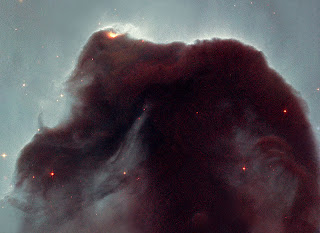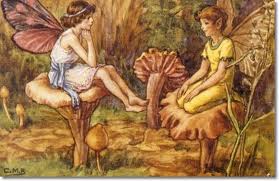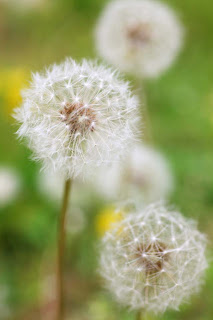The following script is an attempt to display the silliness in my head around the time that I was thinking about basing my theology on fairies. This process really took a couple of weeks (if not months) of this and similar dialogue occasionally going on in my head. Actually, it's still kinda going on in my head (among many other silly thoughts). Here's how it went:
Myself: I think I want to believe in fairies, 'cuz they're awesome.
I: That's just silly. Fairies don't exist. Fairy tales are in the
fiction section at the library, dear.
Myself: Not those types of fairies, I came up with my
own type of fairies to believe in. They're more like spirits rather than Thumbelina with butterfly wings.
I: It's still silly.
Me: I think it's cute. If this belief in fairies will work for you than you should totally go for it.
Myself: I know, right? I think it will work for me, because thinking about fairies makes me happy and such.
Me: That's great! So what are these fairies like?
Myself: I don't know. They're just kinda there. They're like billions of presences that create the spirit of the universe.
I: It still sounds silly, and an awfully like the G-word.
Me: The G-word?
I: Yeah, you know . . .
God.
Myself: I know, it's a very similar concept. I guess I wouldn't really be able to call myself an atheist or agnostic anymore if I decided to believe in fairies.
Me: Well, it doesn't sound like you'd really be a theist either.
I: You'd be a
fairyist, and that's just silly.
Myself: It might be silly, but I think believing in fairies will be good. It'll really help how I view my life, and the lives and losses of those I'm close to. My spirituality is all about myself anyway, so I might as well do what I think is best.
Me: Actually, your spirituality is all about me, but I think it's great and that you should go for it too.
I: It's actually all about I, and I still think it's silly. However, sometimes it's good to be silly, so I will support the belief in fairies as well.



















